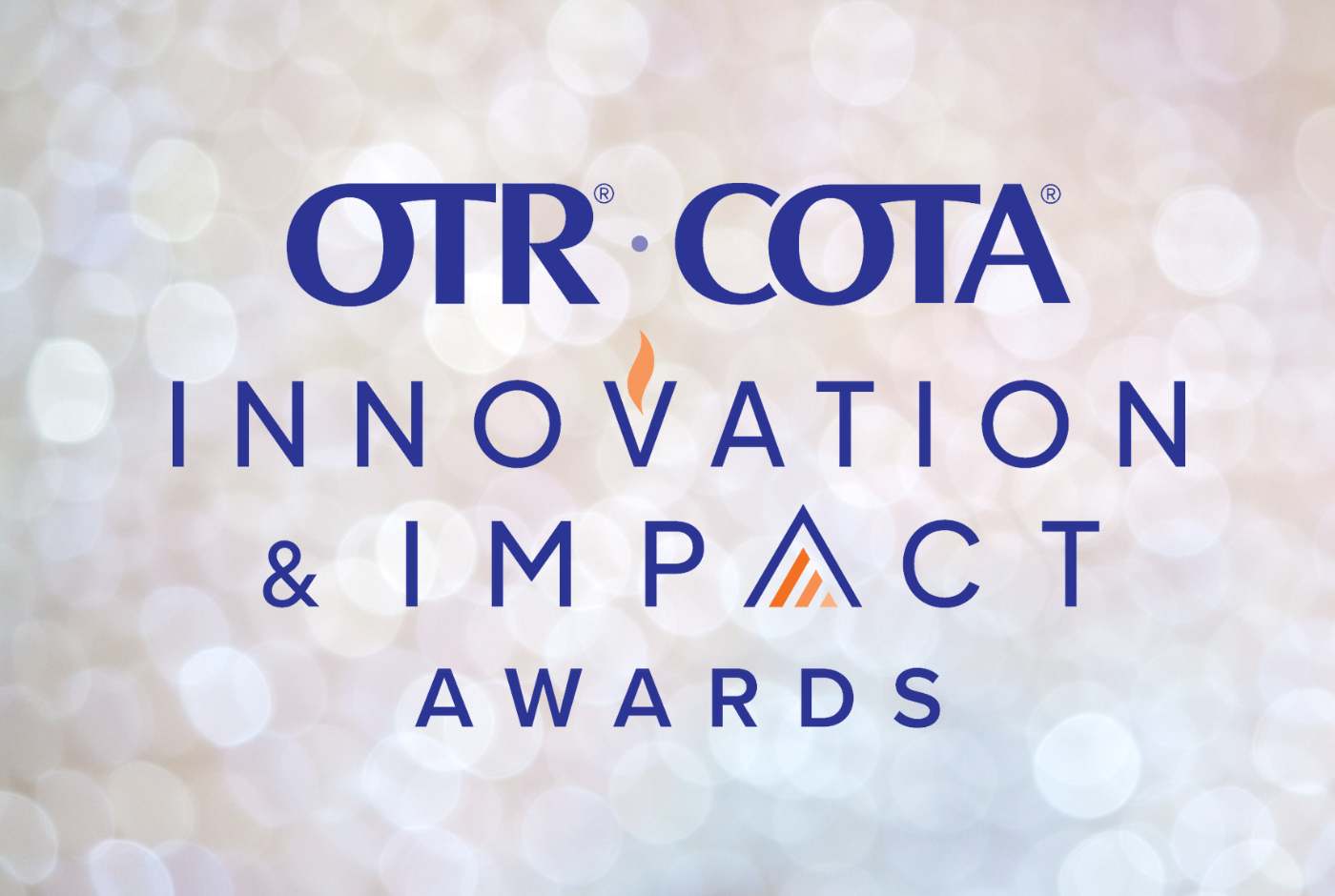
Honorable Mentions From the 2023 Award Season
The board of directors would like to acknowledge the following exceptional nominees who made it to the final round of the Innovation award.
The board of directors would like to acknowledge the following exceptional nominees (in no particular order) who made it to the final round of the 2022 Innovation award.

Debbie Bebeau, EdD, OTR
Owner,Clinical Educators Worldwide, LLC (ClinEdWeb)
Location:Wisconsin
Certified in 1996
Dr. Bebeau is the mastermind behind ClinEdWeb, an innovative web-based platform tailored for occupational therapy (OT) students and professionals. This interactive tool is designed using the latest evidence-based teaching methodology to offer simulated learning experiences through video-based case scenarios. The primary objective of ClinEdWeb is to cultivate confident and knowledgeable clinicians who can deliver high-quality care to their clients.
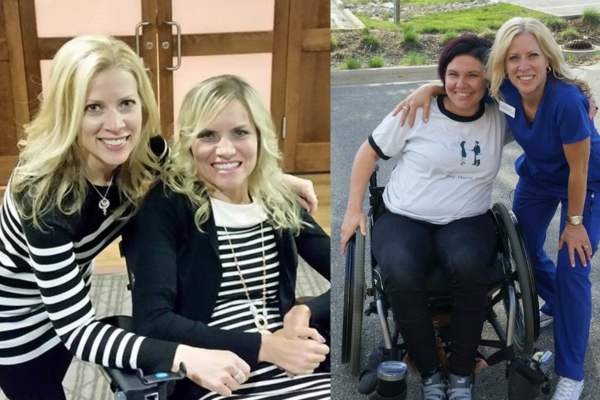
ClinEdWeb provides a unique opportunity for OT/OTA students and practitioners to apply their knowledge and skills in real-life clinical situations by engaging with actual clients and experienced OT practitioners. The platform encourages interaction, decision-making, and skill development through videos, e-documentation, and formative questions. Dr. Bebeau collaborated with over 40 practitioners and clients to craft more than 15 comprehensive case scenarios spanning various practice areas. These case scenarios provide students and new practitioners with increased knowledge acquisition and self-efficacy. Practitioners and students who have participated in ClinEdWeb cases feel empowered from being able to practice clinical reasoning and decision-making in a secure and authentic learning environment.

Beth Liesenfeld, MOT, OTR/L
Founder, Parent Educator, Occupational Therapist, The IEP LabLocation:Colorado
Certified in 2016
Beth started her online business, The IEP Lab, after participating in numerous Individualized Education Program (IEP) meetings as a school-based OTR. Establishing an IEP is often a complex and confusing process for parents of children with disabilities. The IEP Lab aims to clarify the process by utilizing occupational therapy principles to coach and educate parents so they can effectively advocate for their children.
The IEP Lab offers a range of resources to support parents, such as a podcast, online events, and courses. The globally ranked IEP Lab Podcast provides parents with insider knowledge about the IEP system and educates parents on effectively communicating and collaborating with the IEP team to advocate for their children without conflict. The Ultimate Parent IEP Prep Course helps parents understand their concerns, determine priorities through evidence-based frameworks, and prepares them for the high-stakes IEP meetings. The Parent Advocacy Club provides ongoing training and community support for parents to build their knowledge and skills that they can apply to the IEP process.
By offering free content through the podcast and employing coaching models derived from occupational therapy, The IEP Lab contributes to breaking down barriers in the IEP process. It enhances the skills of parents—the key stakeholders in a child’s education—and contributes to a more equitable, inclusive educational experience for children with disabilities.

Amy Mooney, MS, OTR/L
Private Practice,OT4ME
Location:Illinois
Certified in 2000
Amy is dedicated to advocating for individuals with myalgic encephalomyelitis/chronic fatigue syndrome (ME/CFS) due to her personal connection to the disease. After a loved one was diagnosed with ME/CFS, Amy observed the limitations of traditional occupational therapy and physical therapy approaches. These conventional methods often failed to consider the complex and unobservable symptoms of ME/CFS, specifically post-exertional malaise (PEM). PEM is exacerbated by exertion of any kind (physical, emotional, sensory, cognitive, social, and environmental stressors), so traditional therapy that focuses on increasing activity and exercise leaves clients with ME/CFS feeling more debilitated.
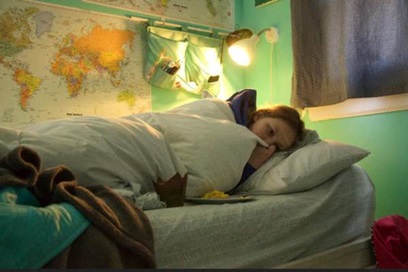
Recognizing the need for therapeutic strategies that focus on PEM, Amy developed the PEM-sensitive guidelines and the Pacing for PEM framework. Both approaches are based on the idea of the “flipped iceberg,” where the therapist shifts the focus from observable symptoms and behaviors to what is hidden from view (i.e., PEM). The emphasis is on task recovery and the task environment rather than what the client can do. Amy’s PEM-sensitive guidelines seek to identify PEM in the client with ME/CFS, understand the core occupations of the client, design a treatment plan within the limitations of PEM, and use the client evaluation to determine the frames of reference to guide treatments. The Pacing for PEM framework is a strategy to manage tasks, exertion, and recovery over time. It is designed to teach clients how to assess activities and tasks to identify stressors before, during, and after those activities and tasks. Once identified, clients can implement methods to reduce stressors and manage their symptoms. Clients have described Amy’s guidelines and strategies as effective for managing their symptoms of exertion over time. By learning the skills to prioritize, plan, and pace, clients are able to gain more control and make choices for personally relevant quality of life activities.
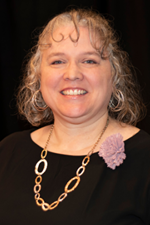
Beryl J. Olson, MOT, OTR/L, LANA-CLT
Staff Occupational Therapist,River City Domestic Violence Center
Physical Medicine Supervisor,Avera Sacred Heart Hospital
Co-owner ,Roger's Family Pharmacy
Location:South Dakota
Certified in 1997
Beryl collaborated with the River City Domestic Violence Center (RCDVC) to develop a community-based occupational therapy (OT) program that provides services to individuals impacted by domestic violence and/or human trafficking. Operating within RCDVC in Yankton, SD, and also serving the entire region of southeast South Dakota, the program aligns with RCDVC's mission and vision to empower survivors, advocate for a society free of abuse, and provide a safe environment for healing. Southeast South Dakota is a rural region where OT service provision has historically been limited to hospitals and nursing homes. The RCDVC OT program is unique in that it is grant-funded and brings services to an underserved population, breaking the traditional approach of expecting clients to seek services at locations they may not be comfortable visiting.
The OT program aims to address the clients’ diverse needs, which encompass physical, cognitive, and psychosocial issues. A set of booklets has been developed specifically for the shelter environment and this client population to educate clients on topics such as changes that occur after admission to the shelter, budgeting, impulse control, goal setting, sleep hygiene, and more. Additionally, there are craft projects, cognitive matching activities, sensory integration activities, coping strategies, and personalized intervention plans to empower clients in their healing journey.
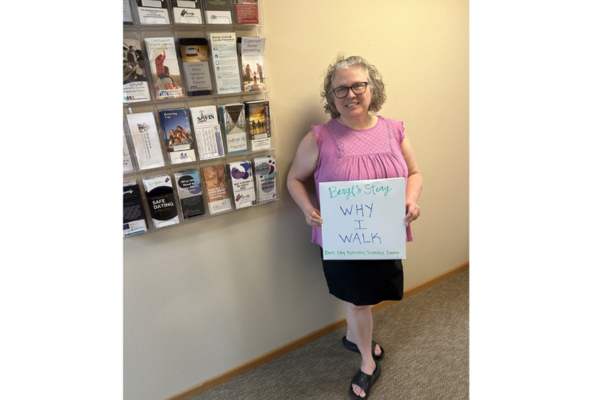
Since the program’s inception, there has been a reduction in the number of abrupt and impulsive exits from the shelter. More clients are also participating in the program each year, leading to more people being relocated to safe locations, including permanent housing. The program has partnered with other organizations, including the University of South Dakota and shelters across South Dakota, to advance OT’s role in domestic violence and human trafficking interventions. This initiative fosters just, equitable, and inclusive care, marking a significant step in validating the positive impact of traditional OT services in a barrier-free environment.

Jamie Lynn Torre, MS, OTR/L
Senior Occupational Therapist, New York City Department of EducationLocation:New Jersey
Certified in 2017
*co-nominated with Morgan O'Neil
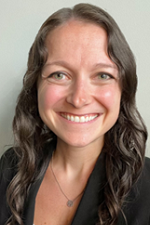
Morgan O'Neil, MS, OTR/L
Lower School Occupational Therapy Supervisor, Manhattan Children's CenterLocation:New Jersey
Certified in 2018
*co-nominated with Jamie Lynn Torre
Jamie and Morgan are school-based OTRs who have introduced the use of the Cricut®, a crafting machine and maker technology, into their interventions with students aged 5 to 21 who have intellectual and/or developmental disabilities (IDD). Jamie and Morgan incorporate the Cricut in their OT interventions to target students’ motor skills, process skills, and various daily occupations. By using the Cricut, students can participate in new leisure skills, which may lead to developing vocational skills. It has provided students with a purpose and an enhanced quality of life through handiwork, creativity, and digital literacy. Students have used this technology to create a store that sells customized cards, mugs, magnets, and bookmarks.
Jamie and Morgan have taken this technology beyond their OT sessions by creating an internship program at a private school where students design, produce, and deliver customized products to peers and staff. They have presented this internship program as a short course at the New York State Occupational Therapy Association annual conference. To further extend the use of Cricut in school-based settings, Jamie and Morgan secured funding for a public high school to have this technology available for its students with IDD. Through their passion for combining crafting and OT, Jamie and Morgan strive to make sessions both enjoyable and purposeful, leveraging the Cricut to engage students in work-based, prevocational, and leisure activities.

Are you interested in applying or know of a deserving OTR or COTA? Find out more about the Impact and Innovation awards.